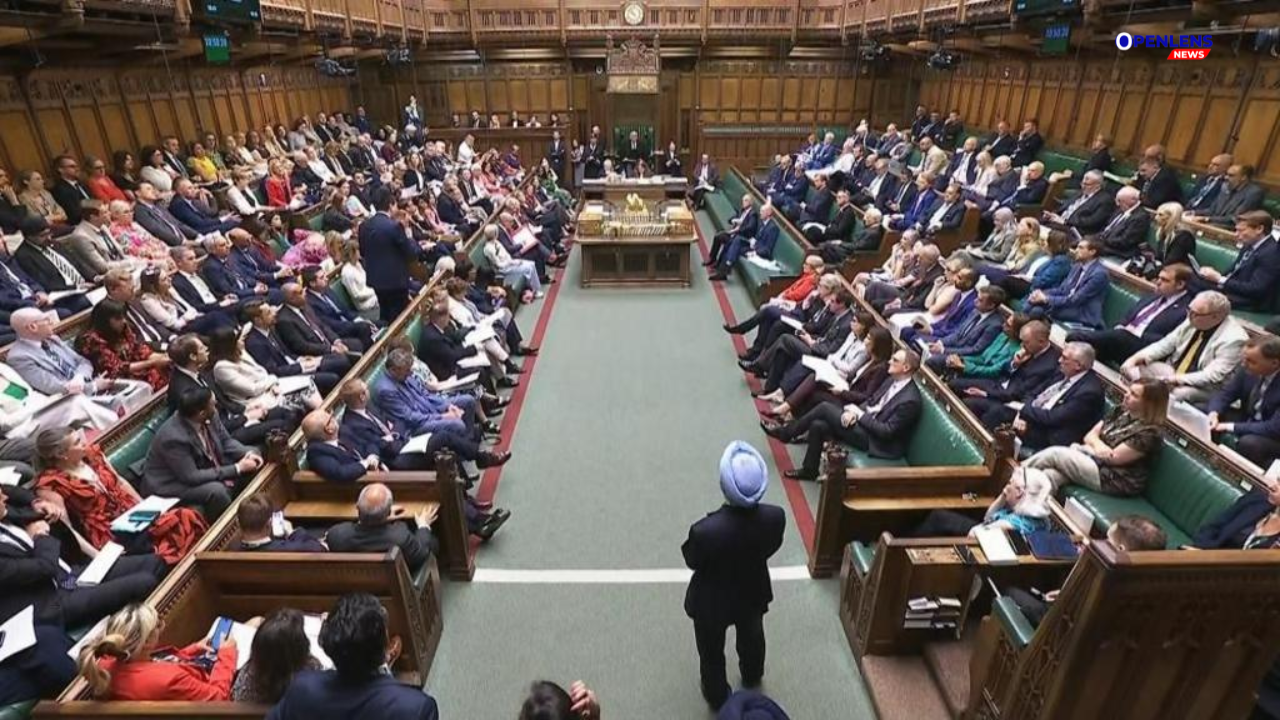In a deeply emotional and controversial vote, the UK Parliament has taken a historic step by approving the “Terminally Ill Adults (End of Life) Bill.” Passed by a narrow majority in the House of Commons, the bill allows mentally competent adults in England and Wales, diagnosed with a terminal illness and given six months or less to live, to legally end their lives through medically assisted means. This seismic change in British law has sparked passionate debate across the political spectrum and among the public.
Under the proposed framework, terminally ill patients must submit two written declarations of their intent to die, undergo assessments by two independent doctors, and receive final approval from either a High Court judge or a newly proposed expert oversight panel. Once approved, there is a mandatory waiting period, typically 14 days, before the patient may self-administer the life-ending medication. Importantly, no other person is legally permitted to carry out the act. Safeguards have been built into the system, including criminal penalties of up to 14 years in prison for coercion or abuse, and the right of medical professionals to conscientiously object.
Supporters argue the bill is a milestone for human rights and dignity. Campaigners, including broadcaster Esther Rantzen, who revealed her terminal cancer diagnosis, have praised the bill as a compassionate and rigorously regulated path for those facing unbearable suffering. They point to jurisdictions like Canada, Oregon, and parts of Australia, where similar laws have been implemented with clear legal and medical safeguards.
But critics warn the bill may set a dangerous precedent. Health Secretary Wes Streeting has expressed concern over the financial strain the policy could place on an already overstretched NHS, with government estimates suggesting it could cost over £400 million in the first decade. Disability rights groups and religious organizations have also raised alarms about the potential for subtle coercion, especially for vulnerable individuals who may feel they are a burden to family or the healthcare system.
Although the bill has cleared the Commons, it still faces an uncertain future in the House of Lords, where a more cautious and sometimes skeptical tone dominates. Even if it passes there and receives Royal Assent, the new system would not be implemented until 2029 at the earliest, following a multi-year process involving public consultations, NHS reforms, and new regulatory bodies.
For now, the UK stands at a moral and political crossroads, one that could redefine how the country views death, suffering, and personal freedom.



